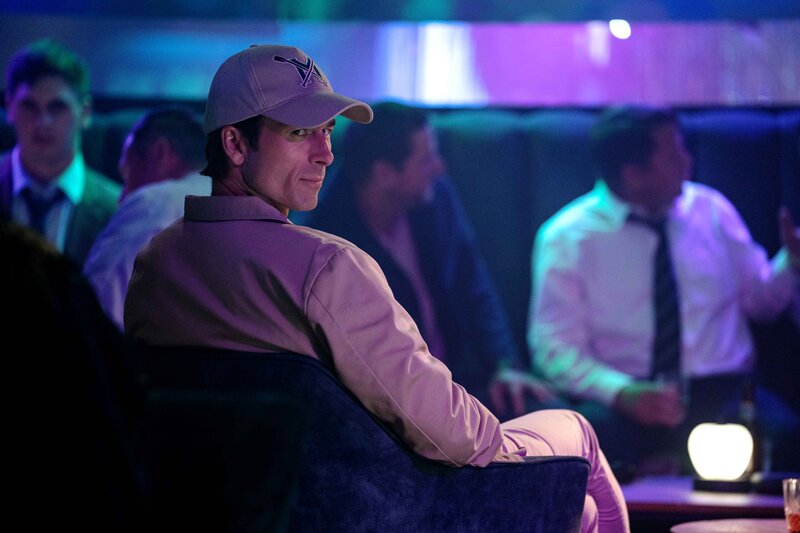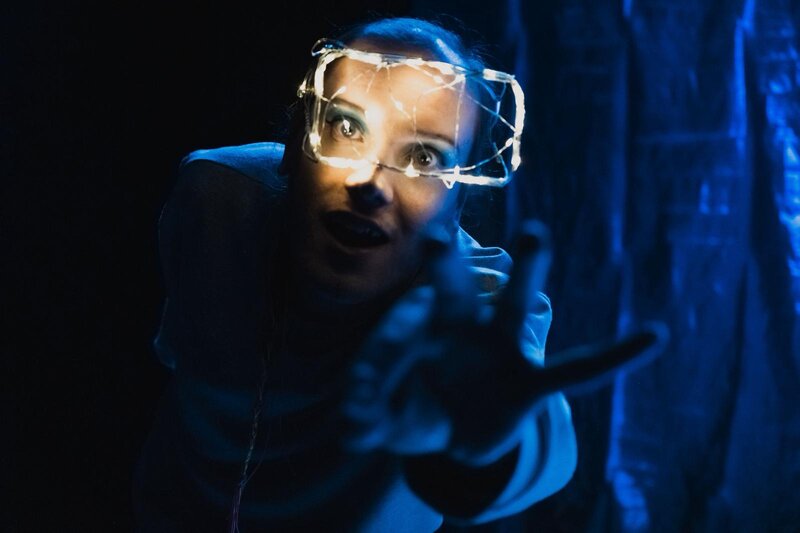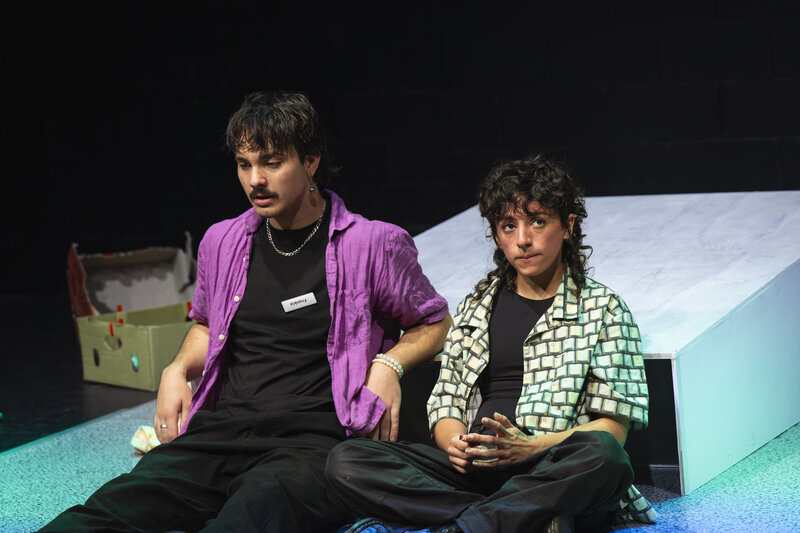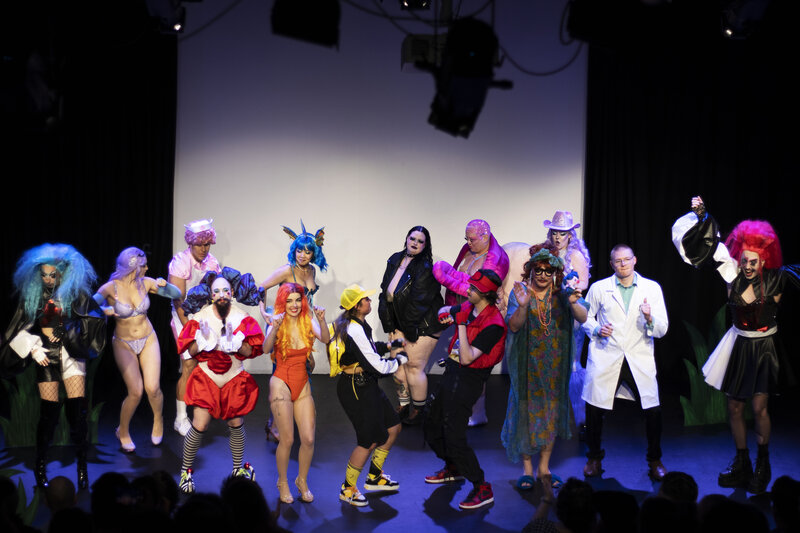There have been many film versions of Shakespeare’s bloodiest and most cinematic play, from Orson Welles’ idiosyncratic 1948 version through to Akira Kurosawa’s Throne of Blood in 1961, which reinvented the play as a samurai drama. More recently Australian director Geoffrey Wright (Romper Stomper) gave us a more contemporary take on the play, setting the drama against the backdrop of a vicious crime family. But the best film adaptation is still Roman Polanksi’s intense and blood drenched version from 1971, which explored the dark themes of violence, murder, madness, over vaulting ambition and the corrupting nature of power, and which encapsulated the essence of the play. And now we get another take on the timeless play from Australian director Justin Kurzel, best known for the disturbing true crime drama Snowtown.
 Given the disturbing nature of Snowtown and its cold and clinical study of a psychopath and masculinity, Kurzel seems the perfect director to capture the dark and brutal nature of the themes and the elemental forces at play in this timeless tale of murder, madness and power. But Kurzel’s take, while visually distinctive, still falls short of Polanski’s full blooded version.
Given the disturbing nature of Snowtown and its cold and clinical study of a psychopath and masculinity, Kurzel seems the perfect director to capture the dark and brutal nature of the themes and the elemental forces at play in this timeless tale of murder, madness and power. But Kurzel’s take, while visually distinctive, still falls short of Polanski’s full blooded version.
Kurzel and his trio of scriptwriters – Jacob Koskoff and actor turned writer Todd Louiso (The Marc Pease Experiment) and first time feature writer Michael Lesslie – have taken some liberties with Shakespeare’s play. Rather than opening with the usual scene featuring the three witches, Kurzel opens the film with a scene showing Macbeth and his wife burying their dead infant child, an event that was only hinted at in the original play.
From there we meet Macbeth (played here by Michael Fassbender, an actor very much in demand at the moment) on the battlefield where he leads his forces against the traitorous Macdonwald. For his efforts, Macbeth is promoted to the title of Thane of Cawdor by King Duncan (David Thewlis). Acting on the prophecy of three witches and with the urging of his ambitious wife Lady Macbeth (Marion Cotillard), Macbeth then kills Duncan in his sleep and assumes the throne. Anxious to hold on to his power in the face of resistance, Macbeth becomes a tyrant, prepared to kill.
This Macbeth is an ambitious, but grim looking and visceral experience that has been largely shot in oppressive brown hues by cinematographer Adam Arkapow, who also shot Kurzel’s Snowtown, etc. As he did with Cate Shortland’s Lore though, Arkapow often goes for a more impressionistic visual style, and there are lots of shots of the harsh Scottish highlands and waterfalls. But he also captures the bleak visual style of the play through the use of natural lighting for the interiors. And he works in close-up for much of the time giving the film an almost overpoweringly claustrophobic feel, but also capturing the tortured emotional state of the characters.
This take on Macbeth is more impressionistic in nature, with Kurzel managing to open the material up from its theatrical origins with lots of action on the battlefield. The battle scenes are stylishly staged in slow motion, a technique that effectively conveys the fog of war. And his handling of the murder of Duncan is quite brutal and shocking. Kurzel’s stylistic approach is a little heavy handed at times, and both emotionally and intellectually the film keeps us at a distance.
Kurzel has also gone for authenticity with both Fiona Crombie’s impressive set design and Jacqueline Durran’s costumes that reek of the 11th century setting. Jenny Shircross’s makeup that masks the male characters in tribal war paint is also effective and an novel touch. And there is an evocative and haunting percussive score from Kurzel’s brother Jed that also enhances the tone of the film.
Performances are a bit of a mixed bag though. Fassbender plays Macbeth here as a man suffering from the ravages of warfare and driven to the edge of madness, but his delivery of Shakespeare’s poetic language is rather flat and uninspired, and indeed difficult to decipher at times. Despite her French accent, Cotillard makes for a wonderfully malicious and malevolent Lady Macbeth, and it is clear that she is the driving force behind Macbeth’s actions. But she also manages to make her appear a little more sympathetic.
Paddy Considine brings a mix of strength, integrity and anguish to his role as the doomed Banquo, once Macbeth’s loyal lieutenant. And Thewlis brings gravis to his small role as Duncan, while Jack Reynor (from A Royal Night Out) is fine as Malcolm, the rightful heir to the throne who flees to England following the murder of his father.
There are plenty of stylistic visual flourishes, including the use of red hues to symbolise blood, that give this take on Macbeth its idiosyncratic look and individual identity. The sense of dread that Kurzel conjures up through imagery, some graphic violence, a bleak landscape, and a gritty aesthetic that will remind audiences of Game of Thrones.
Available now on DVD, Blu-ray and on demand.
Greg King

David Edwards is the former editor of The Blurb and a contributor on film and television




